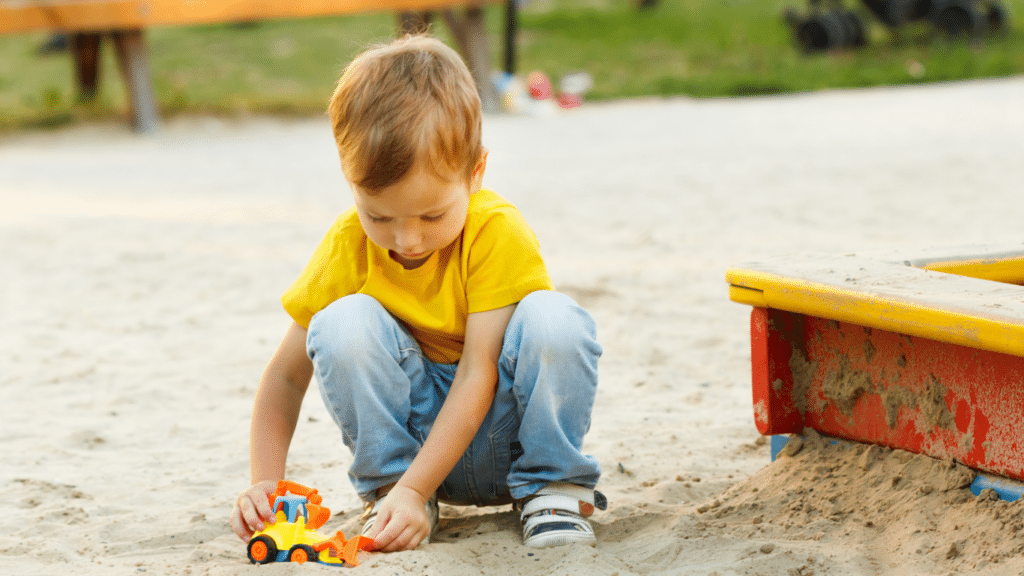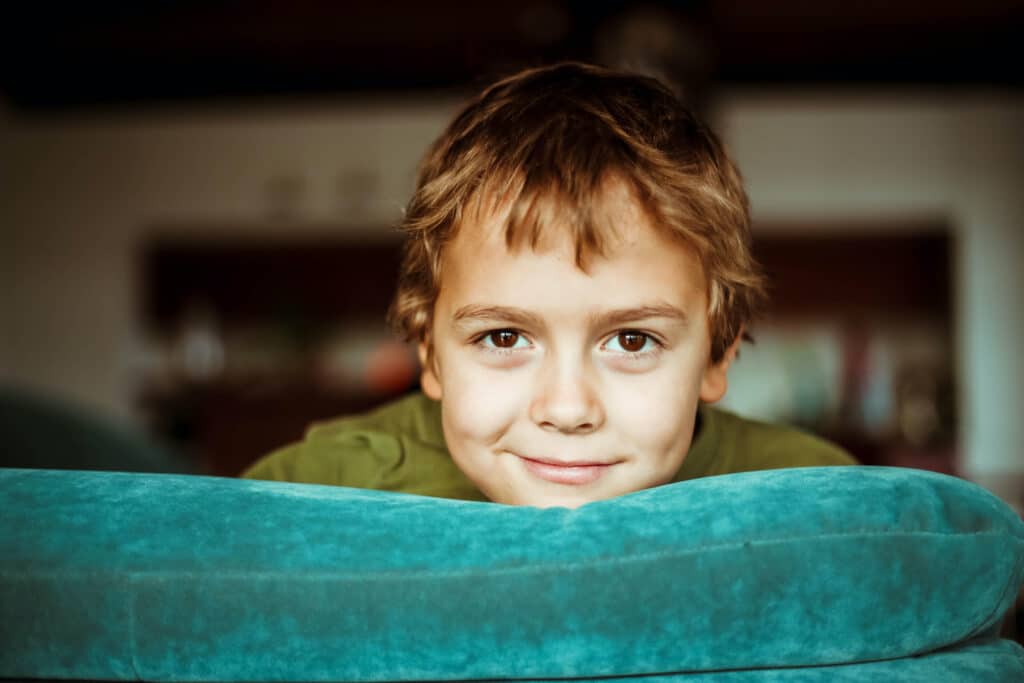Catherine is the co-founder of the non-profit organization We Are Adopted/Adoptees Association. In this article she draws on her personal experience as an adoptee and an adoptive mother as well as her professional experience as a registered clinical counsellor to explain why shame and adoption are so intertwined.
Shadowed by shame
Shame is something that comes up often, both in my personal life and in my work as a therapist. It’s especially common in clients whose lives are impacted by adoption. Shame can be a significant and disempowering experience for every member of the adoption circle, and for parents and children alike. When feelings of shame are internalized as a part of one’s identity, lifelong patterns of dysfunction and emotional distress easily follow.
Pain with a purpose
In the lives of adopted children, shame almost always has a very personal and tangible presence. To understand why this is so, it helps to understand shame and the function it serves.
Shame causes a flood of stress hormones and a variety of other biochemical reactions in our bodies, none of which feel positive, nourishing, or empowering. Take a moment to tune in to your body and recall a moment in your life when you felt shamed or ashamed. What do you notice? Most people feel like they want to shrink or curl into themselves, or hide from and avoid the gaze of others. You may also notice a variety of unpleasant sensations like a flush of heat or redness on your skin, prickling or painful sensations, or nausea.
Let’s also consider the emotional and psychological impact of shame. What are your thoughts and emotions as you recall that shame-filled memory? My guess is that you wouldn’t want ot experience any of it again. That is exactly the purpose of healthy shame: it effectively teaches and enforce the rules of our social group.
Healthy shame versus toxic shame
Shame fulfils this important function very well because the feelings it produces are hard to ignore, and affect us very deeply. Shame experiences are repaired when we fix our wrongdoing, feel forgiven, don’t repeat the same mistake, and are accepted back into our social group. However, shame becomes toxic when it cannot be repaired. The Free Dictionary
defines shame as “A painful emotion caused by the belief that one is, or is perceived by others, to be inferior or unworthy of affection or respect because of one’s actions, thoughts, circumstances, or experiences.” Shame can be invoked just by feeling different or unworthy based on circumstances or experiences.
The foster care and adoption connection
All adopted and fostered kids live with early experiences of rejection or disconnection from their biological family. No matter how you reason with it, that is a deeply shaming experience and one that can lead children to develop a core belief that they are unworthy and don’t deserve affection and respect.
Adopted children almost always internalize a sense of being different, of something being unacceptable, wrong, or unlovable about them. Children simply don’t have the resources to understand or defend themselves against the shame that results from their separation from the people who created them.
According to research, adopted children are most likely to be shamed about their adopted status by extended family members, neighbours, friends, schoolmates, and others in the community, not from within their immediate family. Shaming experiences are often not malicious or intentional, but when they are, they’re particularly damaging.
How to help your kids and yourself
Deep-seated feelings of shame are a persistent and difficult part of the adoption experience. The only antidote to toxic shame is to find ways to repair the damage. The big picture includes education to slowly shift social norms. The problem for adopted kids, and for adopted parents too, is that there is no way to “repair” or “fix” the fact of being a non-normative family. It’s a tough task to try to alter the perceptions and change the attitudes of the rest of the world. Education is key.
Our role as parents on the front lines offers a more direct and profound solution to solving the shame problem. We have repeated opportunities to listen, observe, and help repair the feelings and experiences of shame that live in the hearts and minds of our children. Parents can help their children revise unhelpful core beliefs by exploring their child’s feelings, reactions, and bodily sensations in a gentle, curious, and supportive way.
For more information about healing toxic shame, visit www.catherinemoore.ca.






